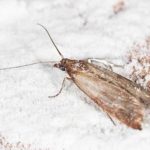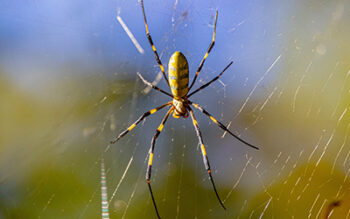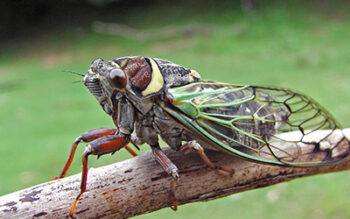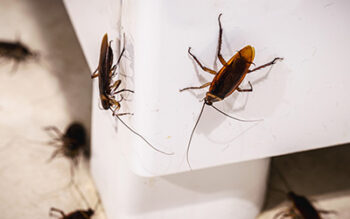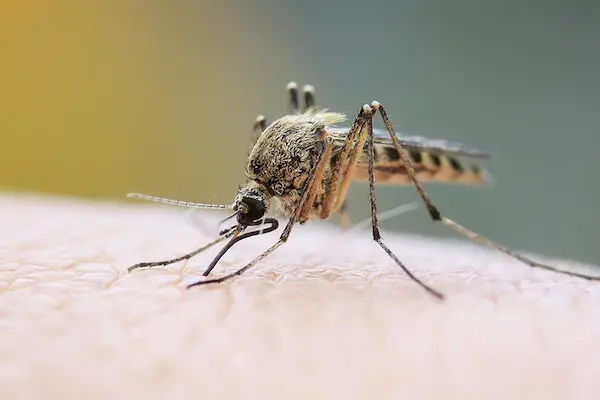
Chicken who?? Chikungunya.
The Chikungunya virus has been limited to Africa and Asia for a very long time. In fact, it was first recorded in a human in Tanzania in 1953. So, this is not a new virus. But, it’s quickly becoming a hot topic in the media since it was discovered in the caribbean in December 2013. The concern is that this could soon spread to the United States in the coming year from travelers.
According to the Centers For Disease Control (CDC), the Chikunguyna virus can cause high fever, severe pain, nausea, vomiting, and headache. The disease is spread by being bitten by a mosquito that has previously bitten an infected person. It is not transmitted person to person.
The Bug Man is in the business of controlling pests and we are not medical professionals. But, because pests can spread disease and cause a variety of illnesses we are often caught in the middle of addressing the medical concerns caused by the pests. If you have any of the symptoms listed above we will always tell you to discuss them with your physician. What we CAN help with is education on what you can do to reduce your risk of being bitten by mosquitoes, in general.
The mosquitoes that carry the chikungunya virus (as well as other viruses) are the Yellow-Fever Mosquito (aedes aegypti) and the Asian Tiger Mosquito (aedes albopictus).
As of this writing, no infected mosquitoes have been found in Murfreesboro, Tennessee, or anywhere in the United States. So far the CDC is reporting that all of the documented cases of chikunguyna in the US have been in people who have recently traveled outside of the United States to a country with the infected mosquitoes.
Recommendations to reduce the mosquito population in Murfreesboro, middle Tennessee, and beyond:
To reduce your risk of being bitten by mosquitoes we have a long list of recommendations that we give to every customer on our Mosquito Management Program. Almost every item in our list involves getting rid of anything that holds standing water and/or making sure to empty and scrub items that hold water, frequently. Also, contact your City and/or County and make sure that they are treating water retention areas with a larvicide on a regular basis.
- Dispose of old tires, tin cans, buckets, drums, bottles, plastic sheeting, or any water-holding containers.
- Clean debris from rain gutters to allow proper drainage.
- Fill in or drain low places (puddles, ruts, etc) in your yard.
- Keep drains, ditches, and culverts clean of weeds and trash so water can flow properly.
- Cover trash containers to keep out rain water
- Check around outdoor faucets and air conditioner units and repair leaks or other causes for water puddles.
- Empty plastic wading pools at least once per week and store indoors when not in use.
- Make sure your backyard pool is cared for while away from the home.
- Fill in tree holes and stumps that hold water with sand or cement.
- Change the water in bird baths, plant pots, and drip trays at least once per week.
- Keep the grass cut short and shrubbery well trimmed around the house where adult mosquitoes may rest.
- Irrigate lawns and gardens carefully to prevent water from standing.
- Eliminate seepage from cisterns, cesspools, and septic tanks.
- Stock ornamental pools with top feeding predacious minnows.
- Check window and door screens on the home. Be sure they are in good condition to seal out mosquitoes.
- Wear light-colored clothing, plus long sleeve shirts and long pants for extra protection.
- Use repellants on skin and clothing while outdoors.
In addition to these steps, The Bug Man also offers a Mosquito Reduction Program.
Need a Pest Control Estimate?
We'll call you! Leave your information below.
Chikungunya Fever and Mosquito Reduction in Central Tennessee
Serving Central Tennessee


